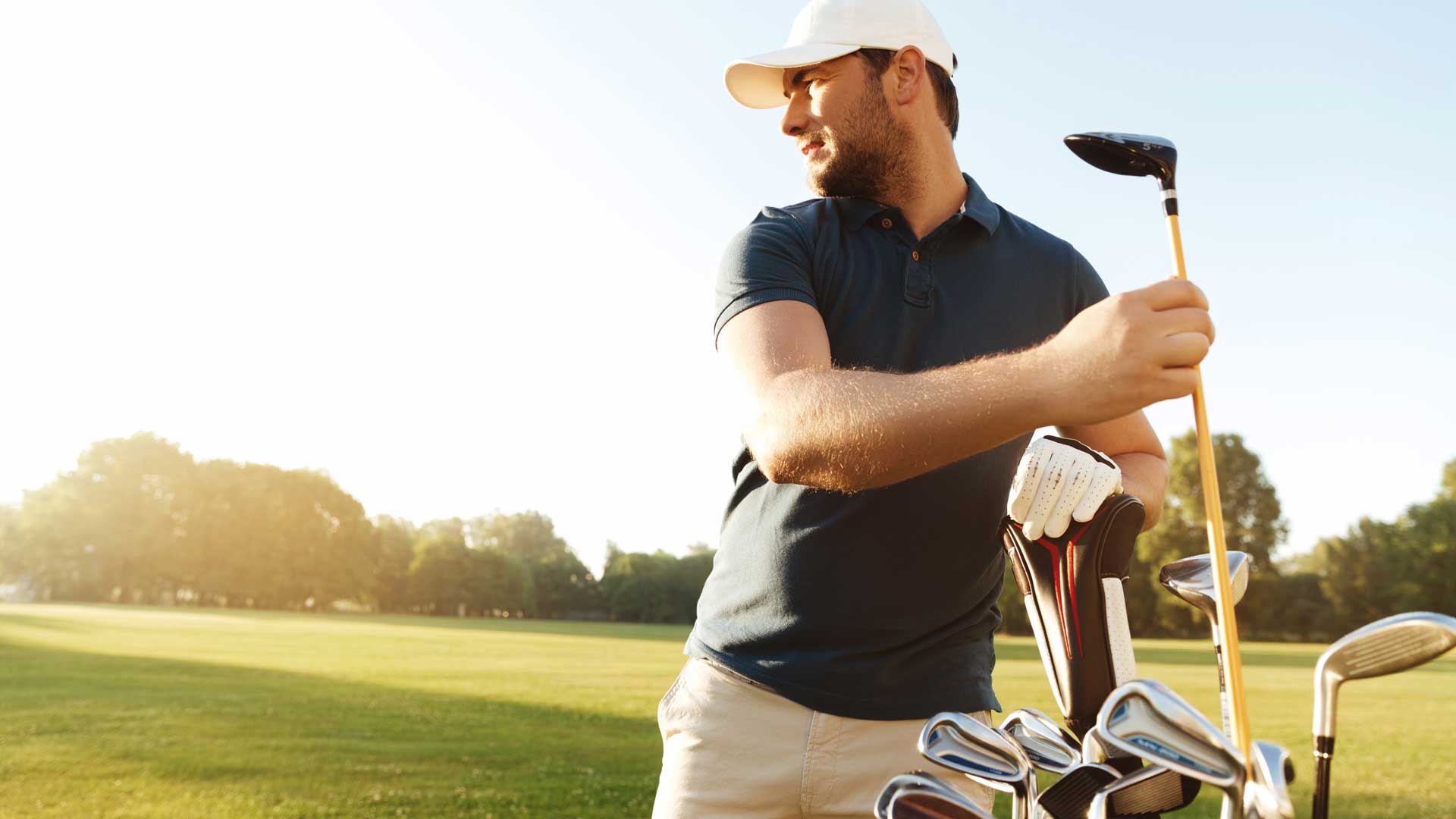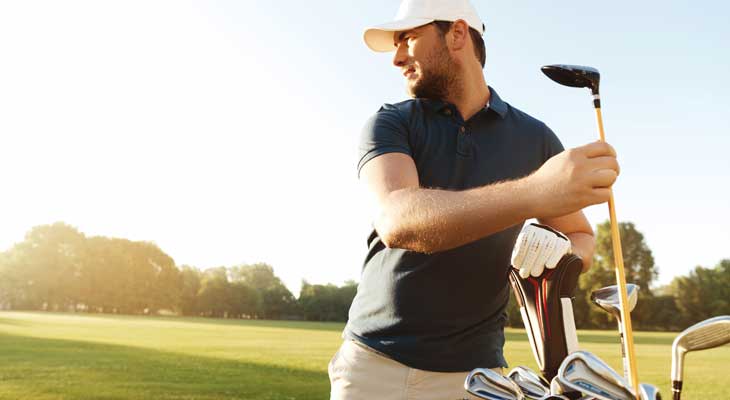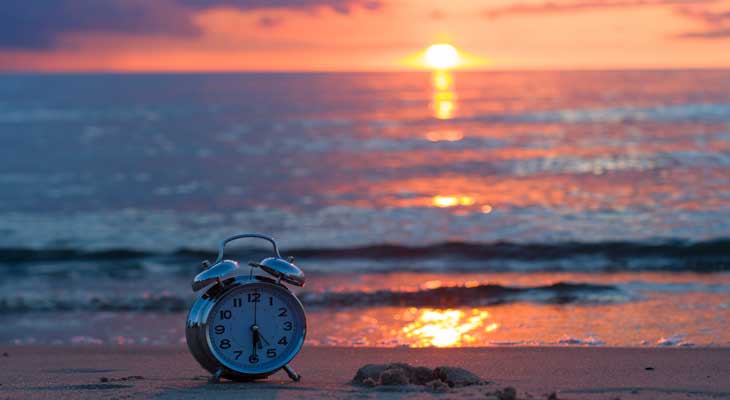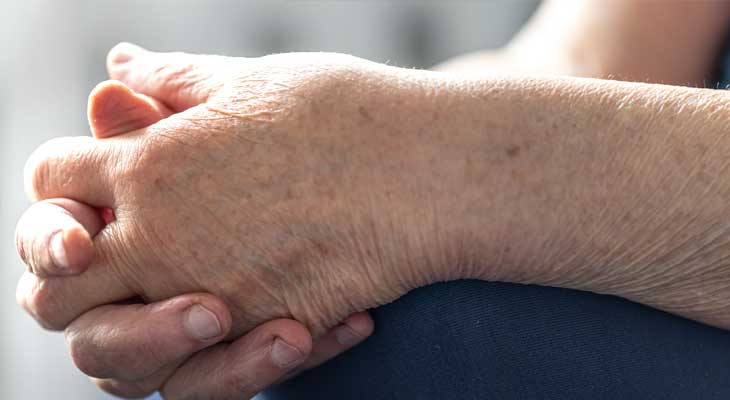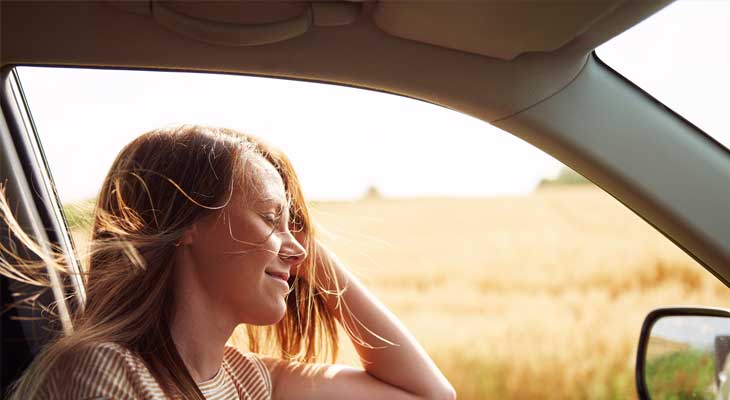Why Lifestyle Matters: Protecting Your Skin While Enjoying Your Hobbies
We all know that spending time outdoors is good for the body and mind. Whether it’s a round of golf, a morning jog, a weekend surf, or an afternoon in the garden, outdoor hobbies are a big part of the Australian lifestyle. They help us stay active, social, and connected to nature.
But with that lifestyle comes a hidden cost — more time exposed to the sun’s ultraviolet (UV) rays. Over time, unprotected exposure can cause skin damage and increase the risk of skin cancer. The good news? With the right habits, you can keep enjoying your favourite activities while protecting your skin.
Outdoor Hobbies and Sun Exposure
Some of the activities we love most are also the ones that expose us to the most UV radiation. Sports like golf, tennis, running, cycling, and fishing often take place during peak UV hours, when the sun is strongest.
Recent Australian research found that male and female golfers reported a skin cancer diagnosis at a rate of one in four (27 %), compared with about one in fourteen (7 %) in the general community. Even after adjusting for important factors such as age and smoking, golfers were over twice as likely (RR ≈ 2.4) to have had skin cancer. (Stenner et al., 2023)
Even hobbies that seem low-risk, like walking the dog, doing yard work, or watching a weekend game, can add up to hours of cumulative sun exposure each week. And because UV rays reflect off surfaces such as water, sand, grass, and concrete, you can still get sun damage even when it doesn’t feel hot.
Common high-UV lifestyle activities include:
• Golf, tennis, or lawn bowls
• Gardening or yard work
• Surfing, sailing, or fishing
• Running, walking, or cycling
• Outdoor photography or travel
Recognising where and when you’re most exposed helps you take steps to reduce your risk without giving up the things you enjoy.
Simple Ways to Protect Your Skin Outdoors
You don’t need to avoid the sun to protect your skin. It’s all about smart habits. Here are some simple ways to stay safe while still enjoying your outdoor lifestyle:
1. Apply sunscreen before heading out – Choose SPF 50+ broad-spectrum sunscreen and apply it at least 20 minutes before sun exposure. Reapply every two hours, or more often if sweating.
2. Dress for protection – Long-sleeved shirts, wide-brimmed hats, and UV-rated fabrics can significantly reduce exposure. Many sports brands now make sun-smart clothing that’s lightweight and breathable.
3. Use shade strategically – Take advantage of shaded areas on the course, trail, or sidelines whenever possible.
4. Plan around the UV index – Try to schedule outdoor activities before 10am or after 3pm when UV radiation is lower.
5. Don’t forget the “easy to miss” spots – Ears, neck, scalp, back of the hands, and lower legs are common sites for skin cancers, especially in outdoor enthusiasts.
Protecting your skin doesn’t mean sacrificing the lifestyle you love. It just means making smart choices to keep doing it safely for years to come.
How Lifestyle Affects Skin Cancer Risk
Skin cancer risk isn’t just about how much time you spend in the sun. It’s also about how you spend it. People who regularly enjoy outdoor hobbies often underestimate their exposure because it’s spread throughout the week. Golfers, for example, may spend several hours under direct sunlight, often during peak UV periods, and reapply sunscreen less often than they think. Gardeners can lose track of time outdoors, while runners and cyclists may skip sun protection because they’re “just going for a quick session.”
These small exposures add up. Over the years, they can cause cumulative skin damage, including sunspots, wrinkles, and, more seriously, skin cancers such as basal cell carcinoma, squamous cell carcinoma, and melanoma.
Why Regular Skin Checks Are Essential
No matter how careful you are, no one can avoid UV exposure completely — which is why regular skin checks are so important. A professional skin check helps detect any early signs of sun damage or skin cancer, often before they become visible or cause symptoms.
Early detection saves lives. When skin cancers are found early, treatment is simpler and outcomes are much better.
If you spend a lot of time outdoors, make skin checks part of your yearly routine. Just like maintaining your golf clubs, bike, or garden tools, it’s a small step that can make a big difference.
Enjoy Your Lifestyle — Safely
Your hobbies are part of who you are. Staying active and spending time outdoors is one of the best things you can do for your overall health — as long as you protect your skin along the way.
So, before your next round of golf or morning jog, take a few minutes to apply sunscreen, wear protective clothing, and make sure your skin has been checked recently.
Book a professional skin check today and enjoy your outdoor lifestyle with confidence, knowing you’re taking care of your skin for the long term.
Book Appointment
Note: Information provided in this blog is of a general nature and is not a substitute for advice from a medical professional. Please be advised that blog posts are not necessarily written by medical professionals. All care has been taken to ensure the accuracy of information provided, however, no guarantee is made that it is free from error. Mention of any specific products or services in the context of a blog post does not indicate an endorsement of that product or service. This includes any images used in blog posts. Molescope always recommends that any medical advice is sought directly from medical professionals.
